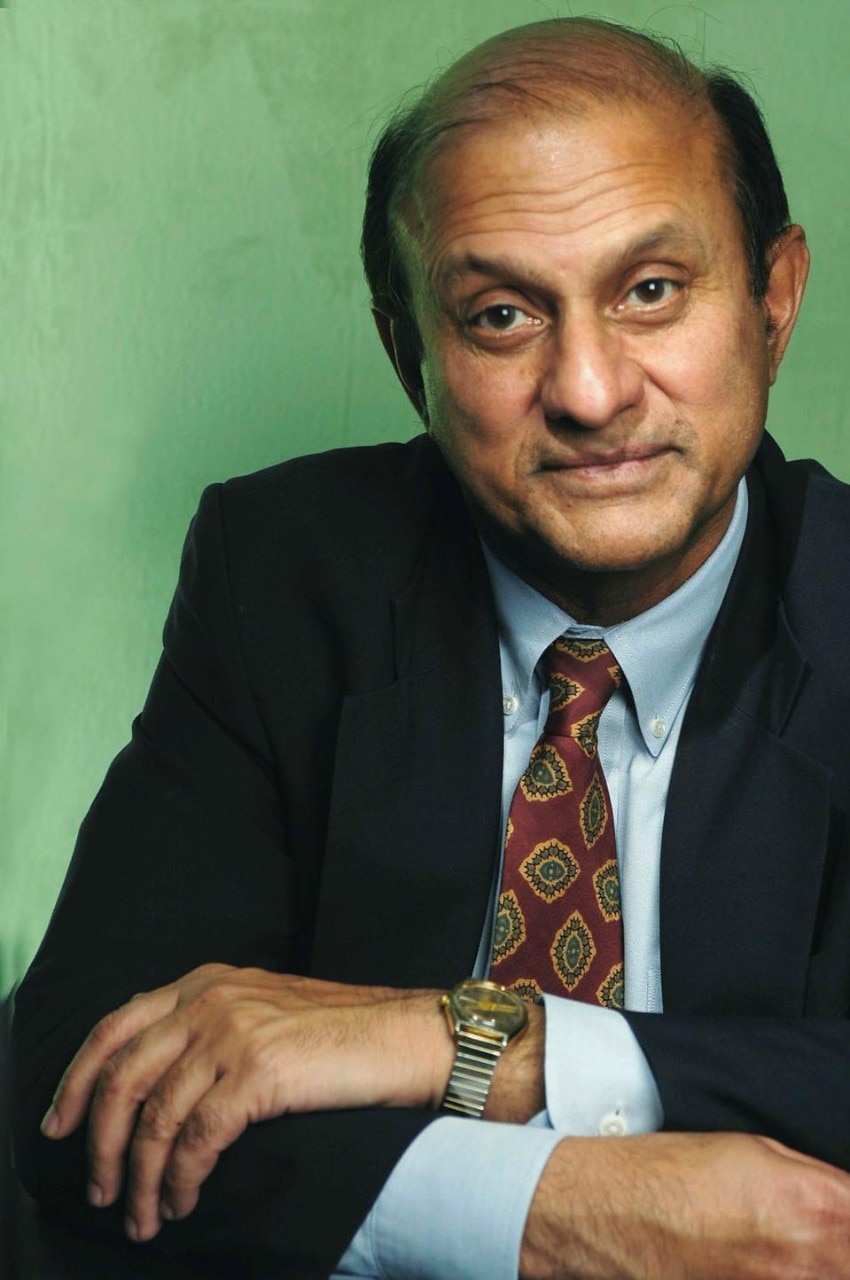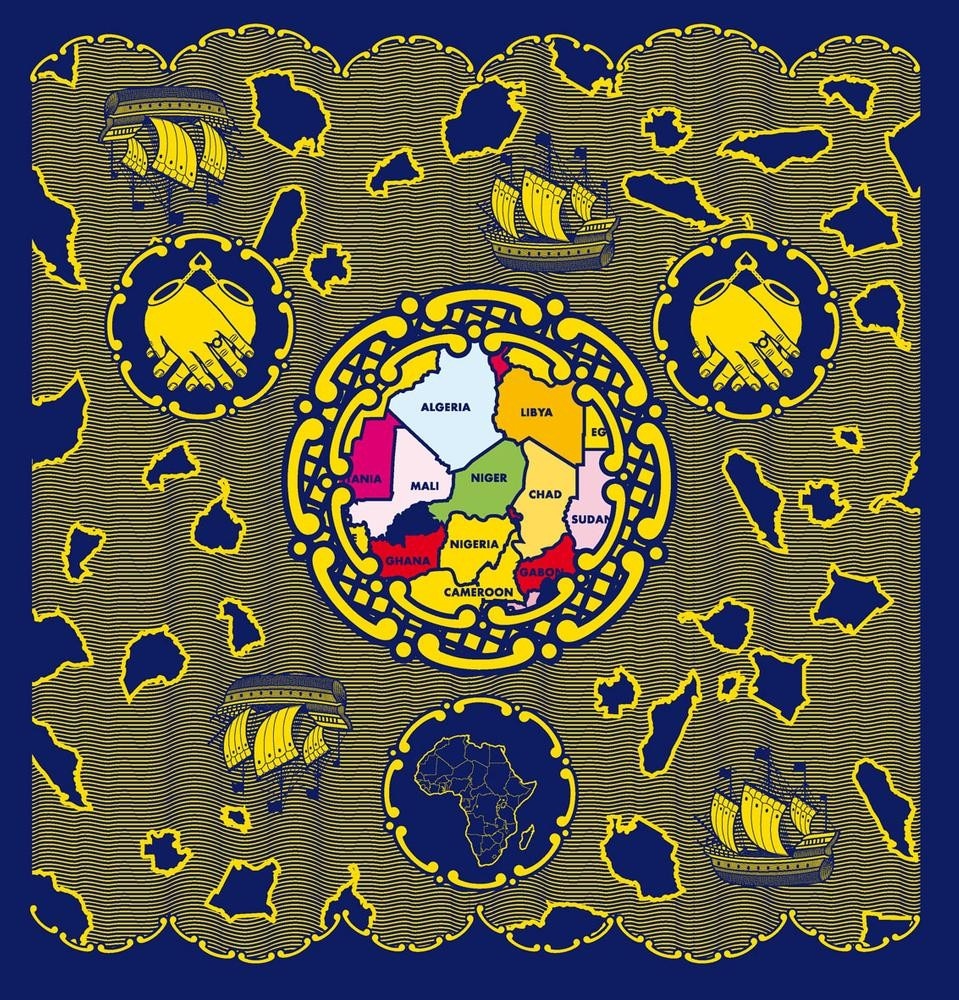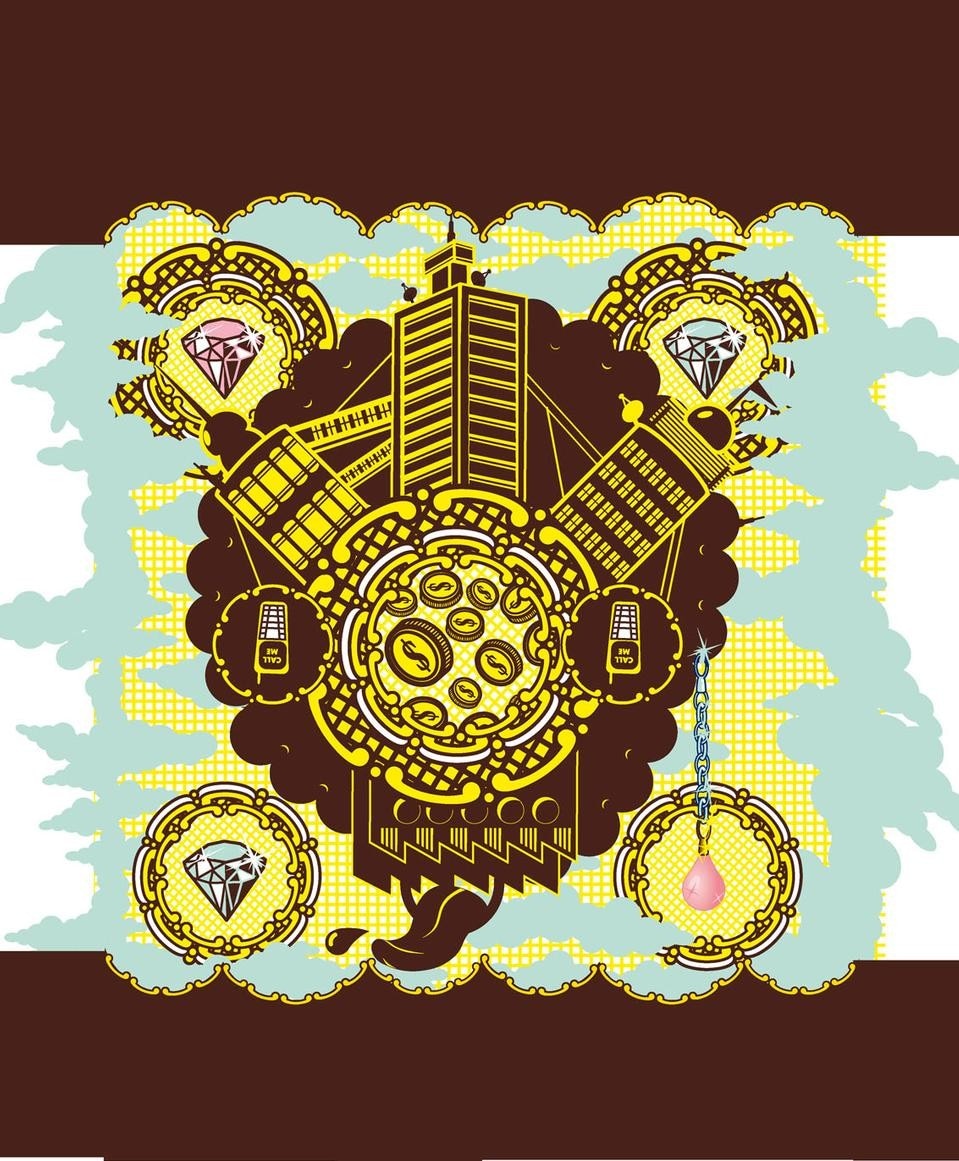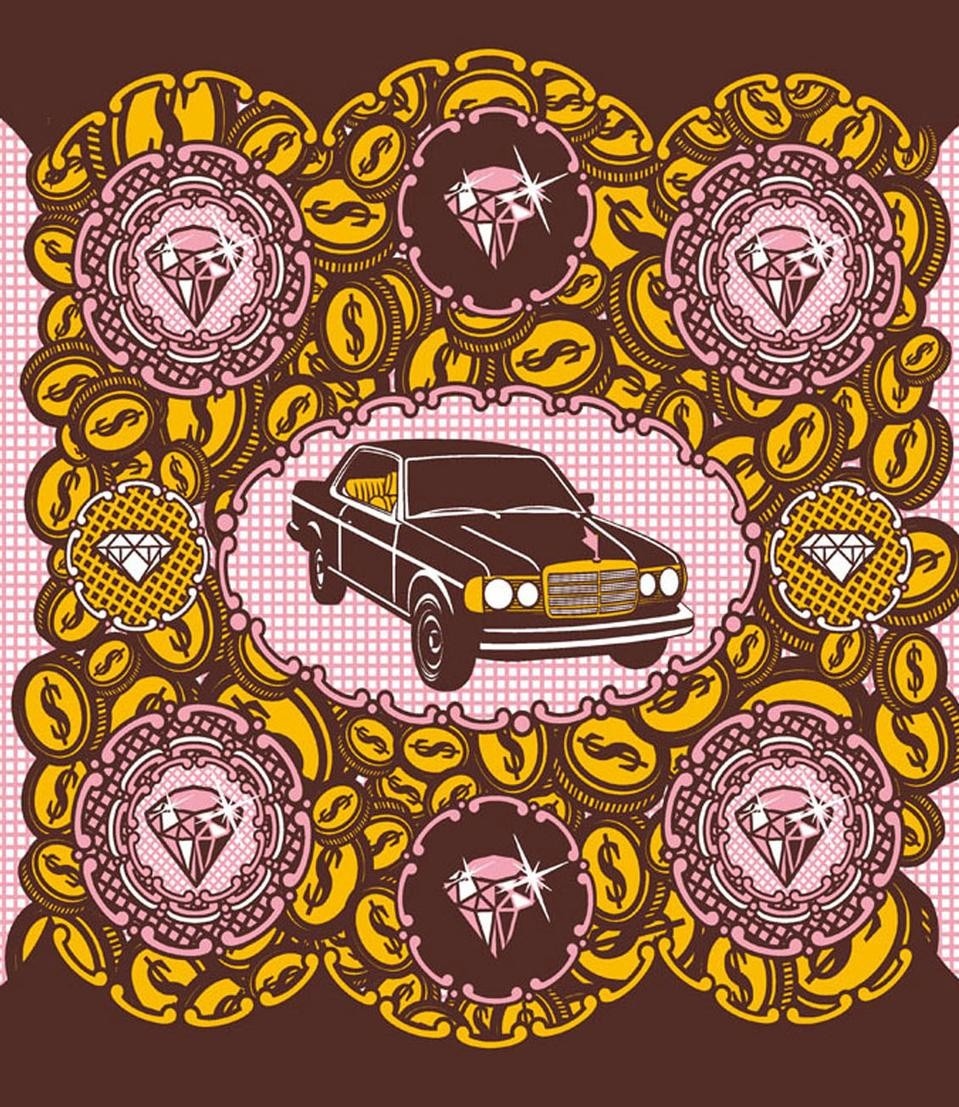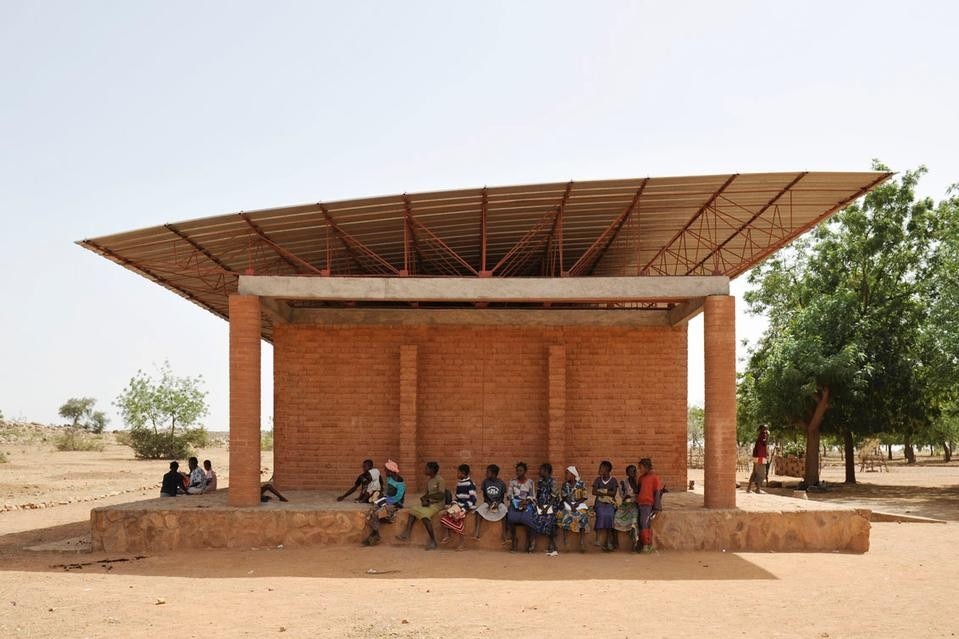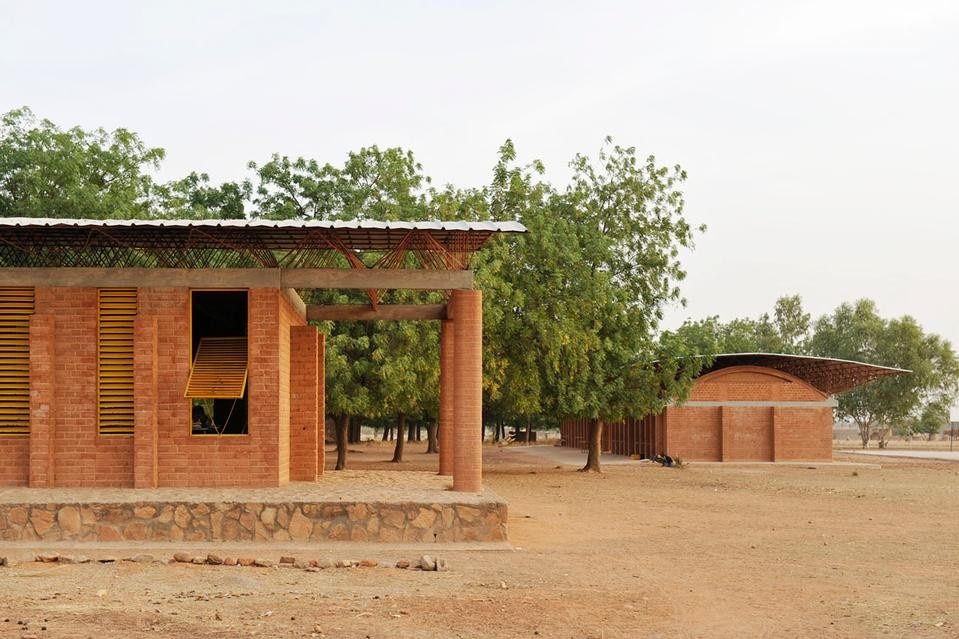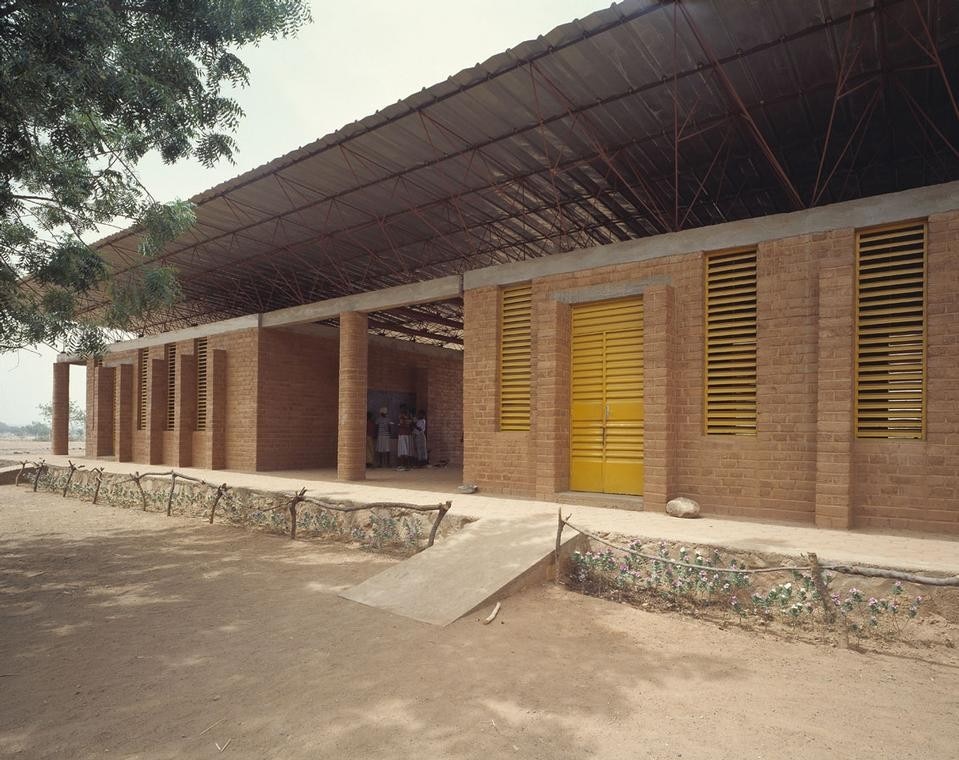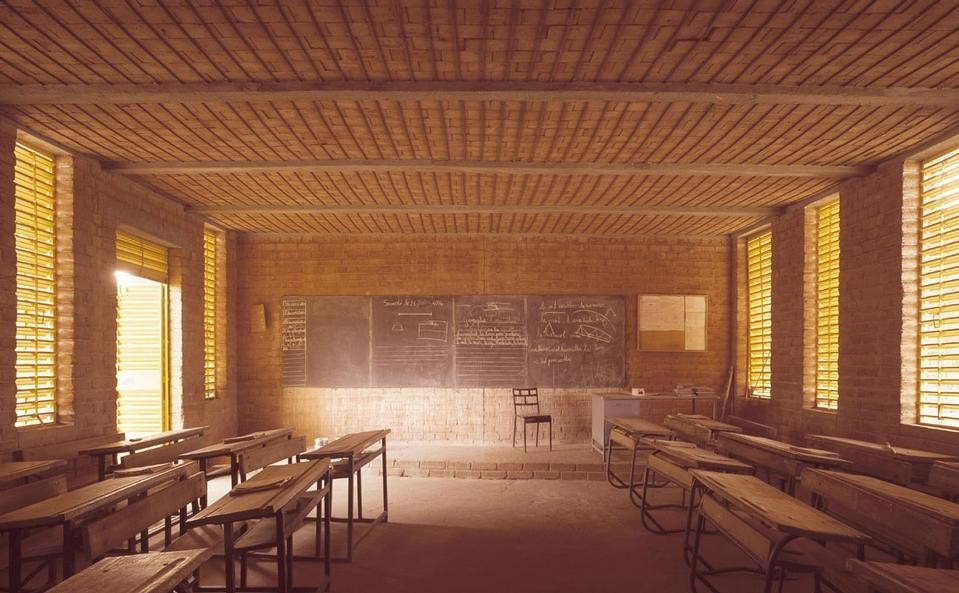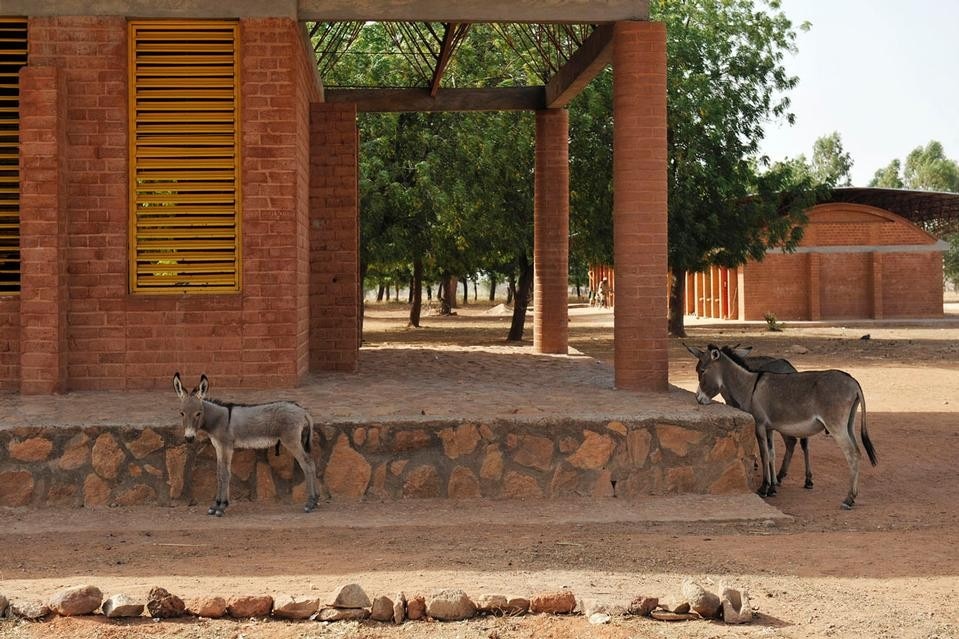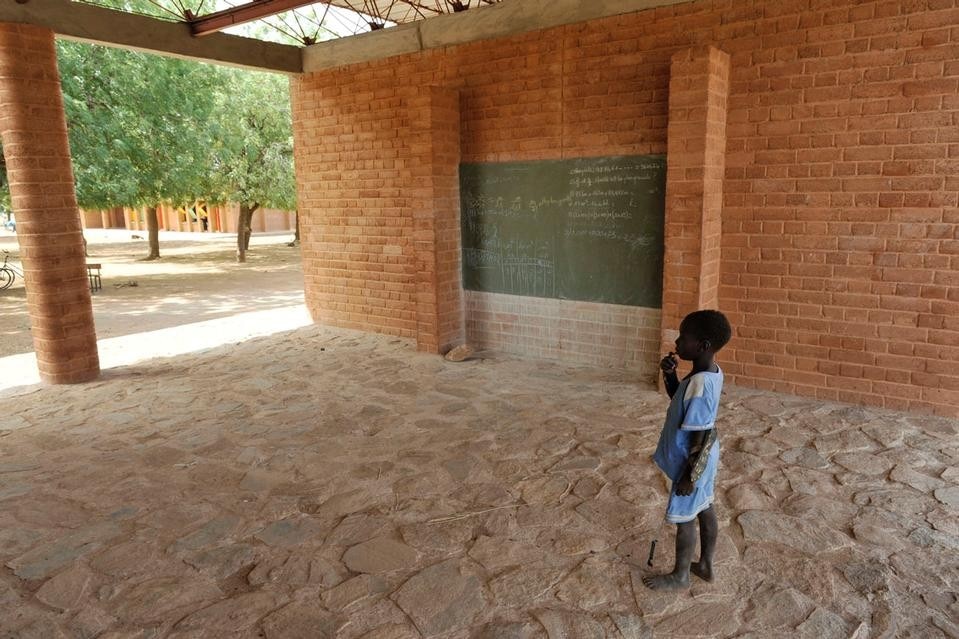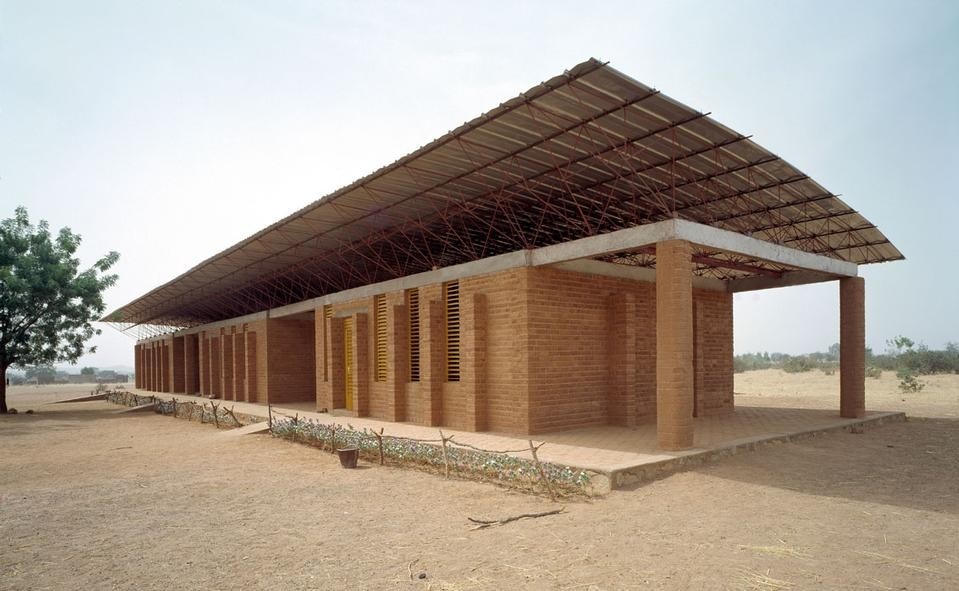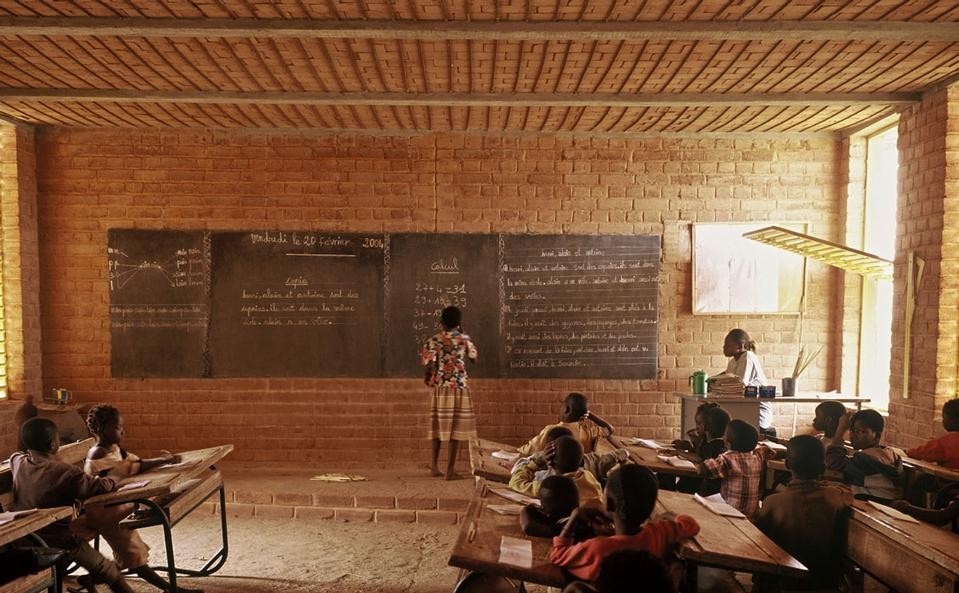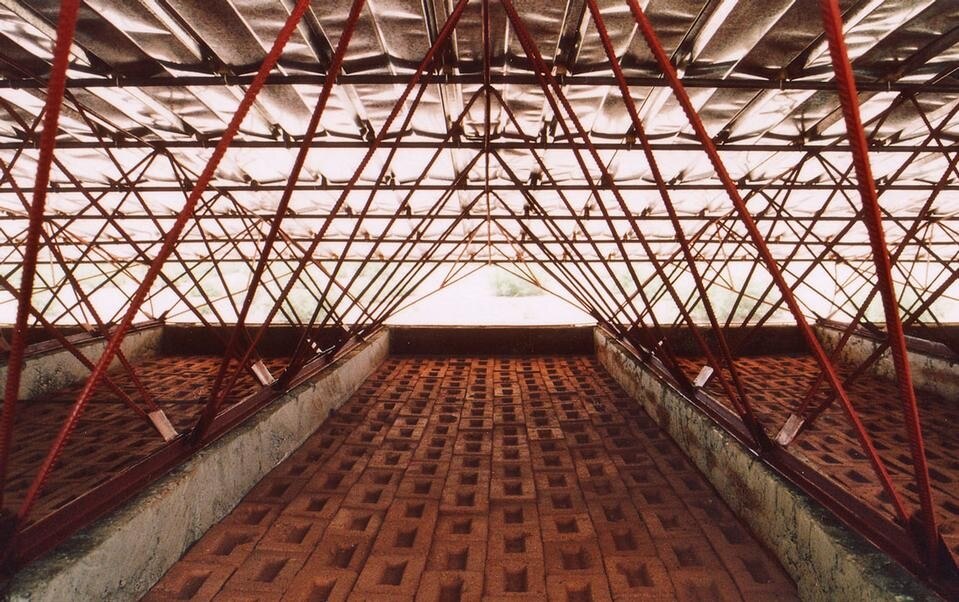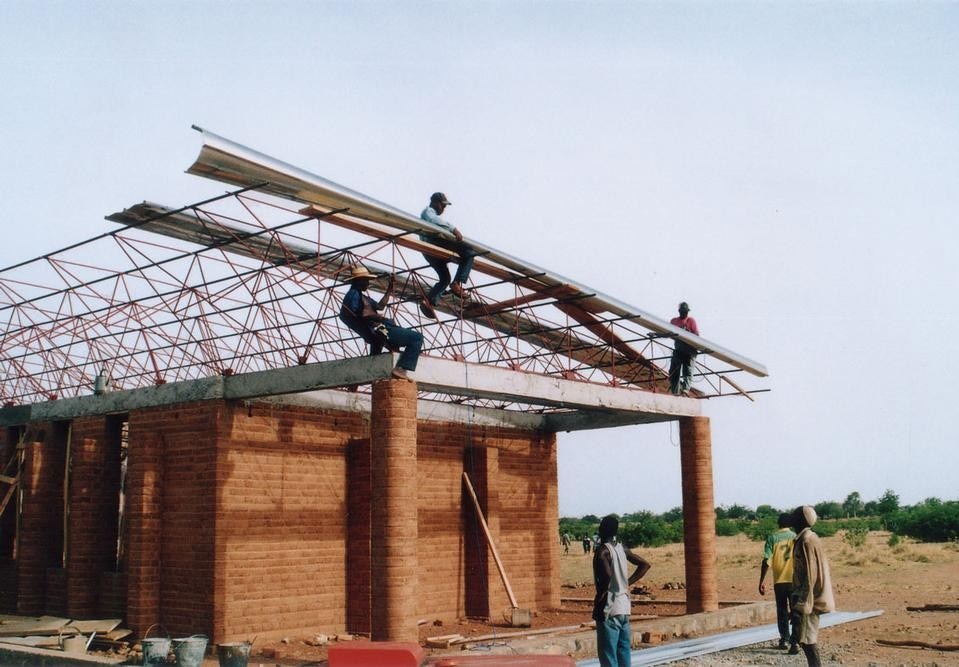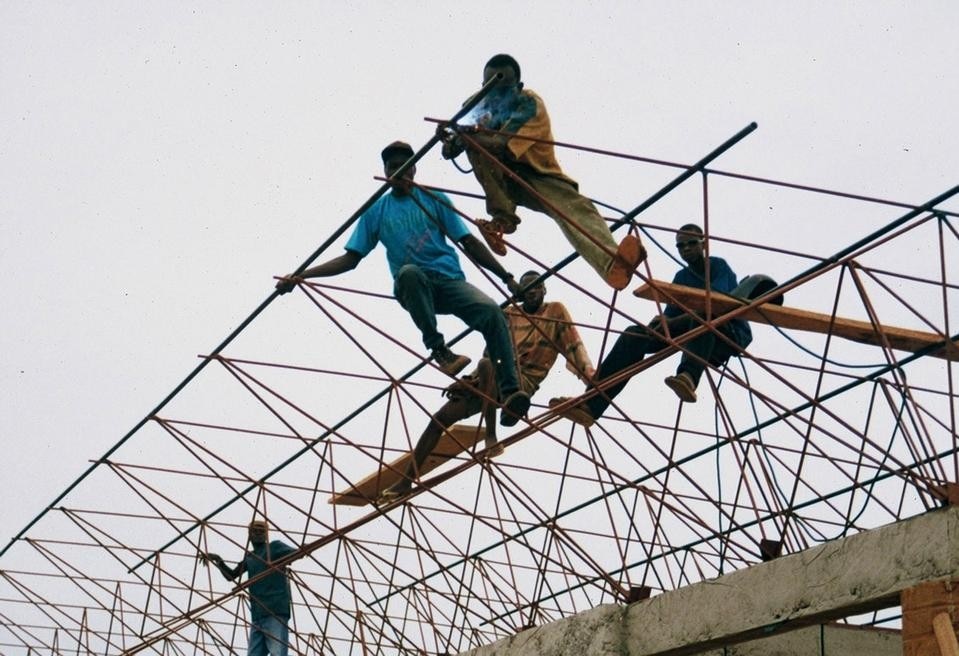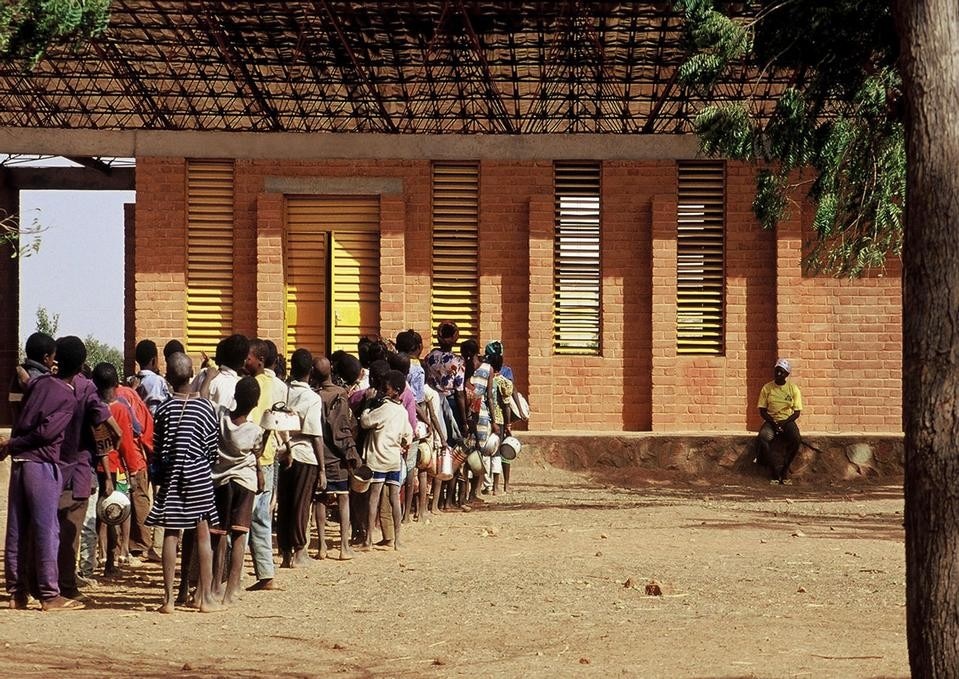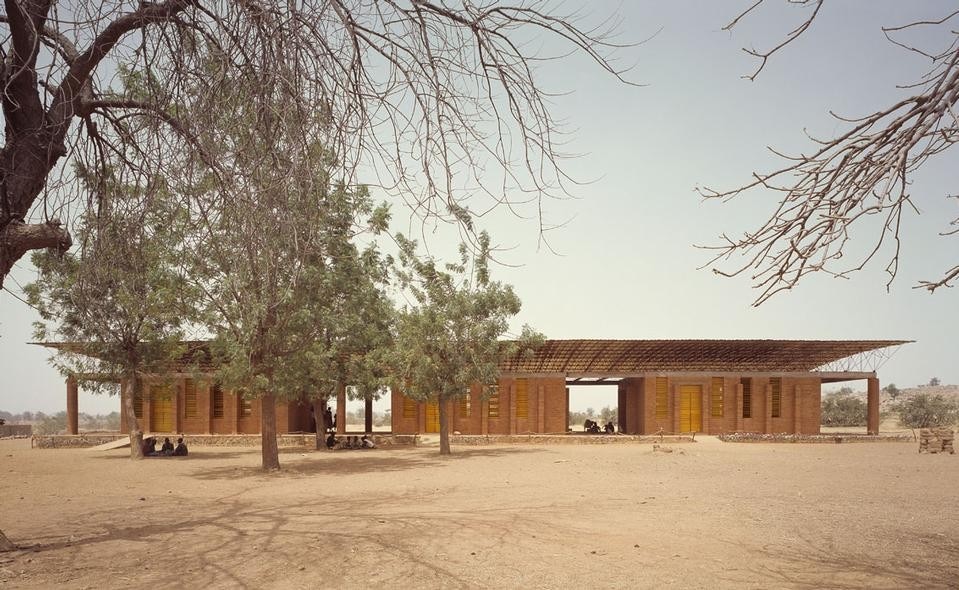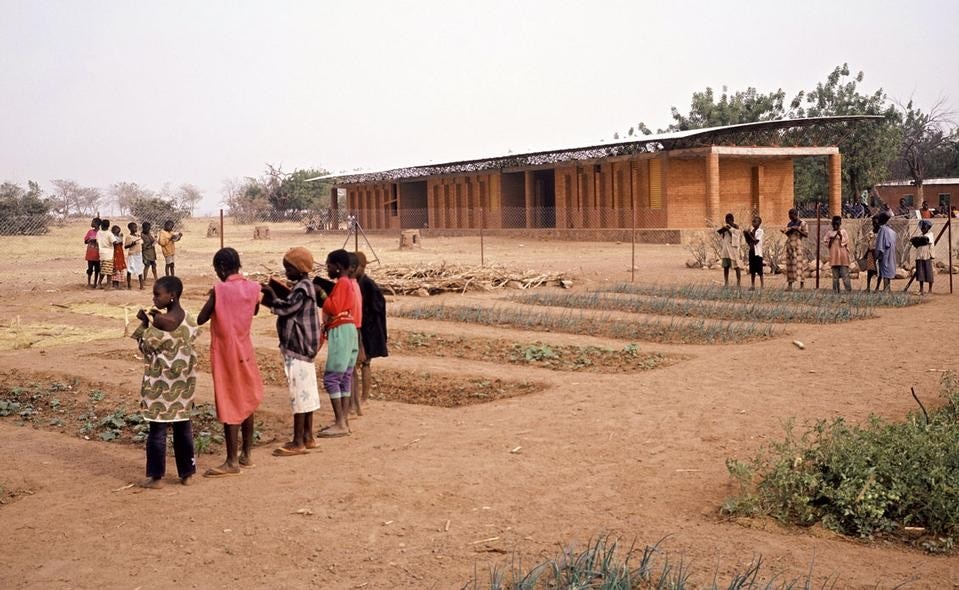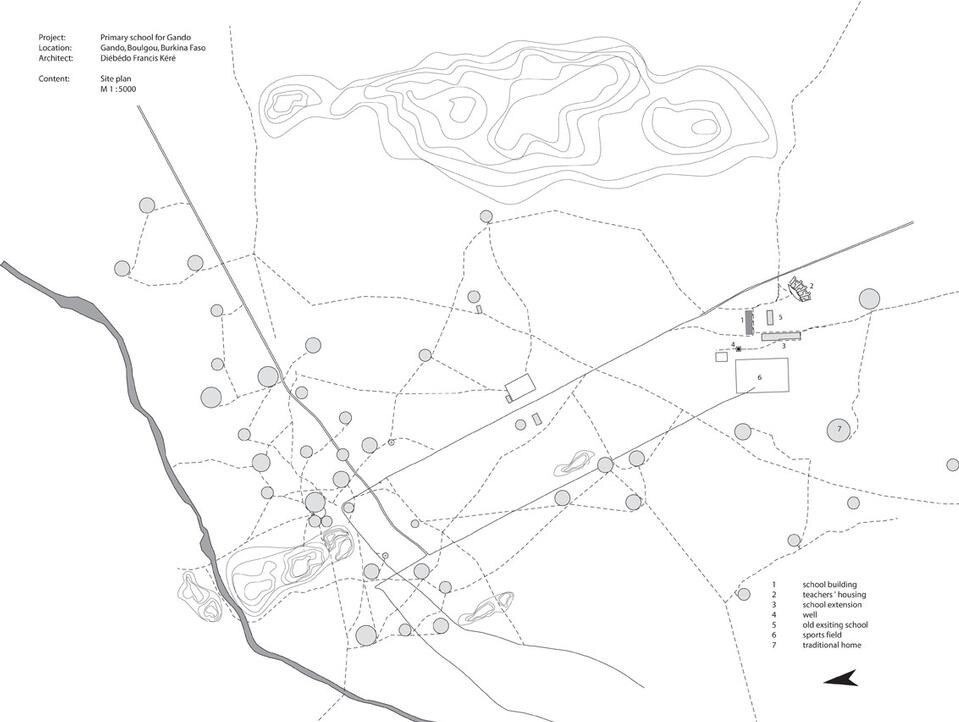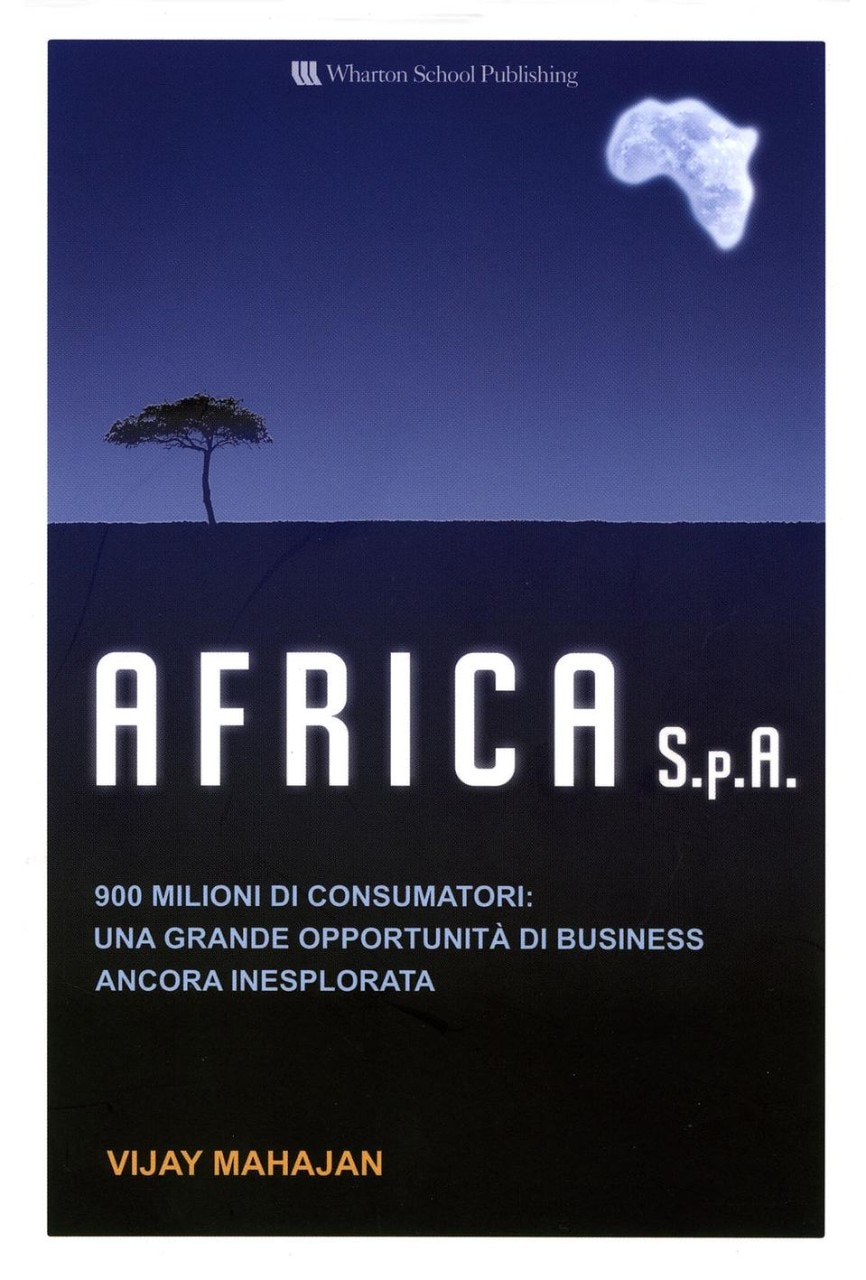Vijay Mahajan: My interest in Africa came from my previous book, The 86 Percent Solution. The 86 per cent refers to the percentage of the world’s population living in developing countries, where the per capita gross national product (GNP) is less than 10,000 dollars. My students pointed out that I had written a lot about Latin America, Asia and Eastern Europe, but not much about Africa. That really embarrassed me, because here I had a book on developing countries but I had little to say about the 53 countries of Africa. I had travelled to South America, Asia and Eastern Europe, but I had never visited Africa. I didn’t think I’d find much in Africa. My perception was based on what I used to read here in the newspapers: illness, poverty and war. Then one day it occurred to me that if I wanted to make a case out of Africa, I’d have to demonstrate that it is very much like India and China. I got a big surprise when I started looking at World Bank data on the GNP for each African country. The population of the 53 countries is over 950 million; the economy is bigger than India’s. The per capita GNP is 250 dollars greater than India. When I found this out, I knew I had a story. I spent three years going back and forth, interviewing entrepreneurs from many companies, conducting market research and talking to lots of consumers at random. I never met with any politicians because I didn’t want to meet anyone who would give me an “official” pitch. I wanted to see with my own eyes how entrepreneurship and consumerism works in Africa.
LB: In the 19th century, economist Claude Frédéric Bastiat wrote, “When goods don’t cross borders, armies do.” You return to this concept in your book, paraphrasing Andrew Rugasira, CEO of the Ugandan African Coffee company: “Africa needs trade, not aid to fight poverty.” What is your view on this?
VM: I am not a development economist. I am a marketing person. Whether they are rich or poor, whether they buy something for a cent or for 50,000 dollars, they are all consumers to me. The fact that Africa needs trade versus aid was interesting to me, because I was reading from both sides. Some are convinced that so much money has been given to Africa, but much of it has been wasted and not much has happened. People like Rugasira believe that we should be doing more trade with Africa. My position is that developing countries need both. Aid does not necessarily have to be monetary. Intellectual help is also needed.
There is nothing wrong about a poor country asking for help. If help just solves a problem in a temporary way, then they will have the same problem again in the future. It isn’t about whether or not to give help, but what kind of help to give and how to give it. For example, I was surprised that on the entire African content there are only 80 business schools. We probably have more than 80 business schools in the state of Texas alone. Why don’t companies think of giving help by starting a very high-level global business school? It would create manpower, entrepreneurs, managers and leaders for the future. It is happening in India and China. The European Union was the first to establish a business school in China, and I believe the school is actually ranked in the world’s top ten.
There are many ways in which the developed world can help Africa. All the companies that want to do business in Africa need executives. Only so many will be able to come from the diaspora. If there is a manpower shortage, the companies will not be able to grow. This is why many European companies don’t have their headquarters in Africa, but in Europe. That’s hard to understand for me. It would be like wanting to market a product to a billion consumers in India, but prefering to have a headquarters in Singapore rather than in India. Unless you smell your customers and become part of them and their day-to-day issues, how can you market a product to them? So when several years ago I learned that Coca-Cola had moved its headquarters from the UK to Johannesburg, I thought, “Finally someone is making the right decision.”
LB: Dambisa Moyo, a Zambian economist and author of Dead Aid (Penguin Books, 2009), argues that Africa would be better off if western governments slowly started to eliminate international aid and make local politicians face up to their responsibilities. Do you agree with this?
VM: I partly agree with her. Moyo takes a strong stance to stimulate Africa to look at other ways of funding themselves. About 39 billion dollars’ worth of aid is going to Africa. Interestingly, close to 40 billion dollars per year is sent to Africa by the African diaspora. So Africa is getting a little more money from its emigrants than it gets from aid. There is nothing wrong with aid, but it needs to be of a certain kind. If development is based exclusively on aid, and it is not creating infrastructure, educational institutions or improving agricultural conditions, then I can understand Moyo’s point.
LB: Why are China and India better than Europe at recognising Africa’s potential?
VM: Literature shows us that Europe did not see any possibilities in India either until the 1960s. They thought, “Nothing is going to happen in India.” India did not get freedom until 1948. It took them 40 years to get their act together. Many African countries did not get their freedom until after 1962. Three things happened before Europe recognised the opportunities in India. Firstly, the Indians themselves had to realise that they represented a big opportunity. The minute they realised they were a one-billion-person consumer market, you started to see smart Indian companies popping up. Secondly, European and American companies saw that there was not much growth in their own countries. For example, before this depression, US economic growth was running at three or four per cent. In Europe, there was not much growth, plus population was shrinking. Multinationals realised that opportunities were decreasing at home, so they had to look at the rest of the world. They saw that Indian companies were doing well, and wanted to find out what was going on. Finally, the media began reporting positive stories about entrepreneurship. Most of our perceptions of countries are based on what we hear in the media. India’s problems haven’t gone away. About 700 million people in India still don’t have access to a toilet. But the media told us that India’s software industry was doing so well, rather like China’s manufacturing industry. When those positive stories started coming in, it encouraged more people to look at those markets.
Unfortunately, these three things have not yet happened in Africa, but they will. Until I wrote my book, I’d never heard anyone say that Africa is as big a market opportunity as India and China. Now, Africans are starting to realise they’re a big market. Corporations are beginning to hear success stories. Retailing, banking and the mobile industry in Africa are doing well and they are telling their stories.
LB: Africa has always attracted attention for its health, political and humanitarian crises. Many charitable campaigns play a crucial role in helping the people. One of their side effects, however, is that they “reinforce the perception of a land of wars, disease and beggars”. You speak of Nobel Peace Prize winner Wangari Maathai who has said: “I don’t really think that the Americans will change the way they see Africans until Africans change the way they see themselves.”
VM: I think she is absolutely right. Maathai is giving a strong message to the Africans: “For heavens’ sake, you are much better than you think you are! Your economy is bigger than India’s. Your consumer market is as big as India’s. Your entrepreneurship is alive and well.” Africans themselves need to take charge, just as Indians have done. It also happened with the Chinese. When I was travelling through Africa talking to companies and entrepreneurs, I had the same feelings that I used to get in the early ’90s in China and India. If Africans don’t change their perception of themselves, they will typically continue to say that they are poor and need more money. LB: Matthew Barwell, marketing manager of the multinational Diageo, told you that the most exported asset from places like Nigeria is optimism.
VM: When I went to South Africa, I talked to the Coca-Cola marketing manager. She gave me a chart with the studies they had done, showing how optimistic the younger generations are. The definition of optimism is different in each African country, but they all want to go somewhere. Barwell, whom you mention, told me, “Nigeria is a very high-energy country.” My driver there was a very young man, aged 19 or 20. Every time I asked him, “Do you know where we’re going?” he would say, “Yes.” But then he would get lost. This would happen frequently, and I would arrive late at my meetings. When I confronted him, he said, “If I don’t have that optimism, I would never get you there. Now, even if I get lost, I get you there in the end.”
I saw this confidence in many young people everywhere. Nigeria is exporting this optimism. The largest African immigrant population we have in the US is Nigerian. They work very hard; they send a lot of money back home. Their biggest export is movies. They produce movies without even having a film-making city, like Los Angeles has Hollywood and Bombay has Bollywood. The Nigerian movie business has been dubbed Nollywood. They have no movie halls, no acting school, no professional actors, just entrepreneurs with video cameras making DVDs.
The 86 per cent from the title of my book (currently about 5.3 billion people) is destined to grow, because the population in the developed world is shrinking. Plus, there is a high fertility rate in developing countries. Soon, the 86 per cent will be 90. We cannot ignore Africa if 18 per cent of the world’s population lives there. The Chinese and Indians aren’t ignoring them. You see Chinese and Indian companies all over Africa. They’re not going to disappear because of the recession; they are there for the long term. I didn’t talk to any government officials, so I have no idea what deals Chinese and Indian companies are making with governments. I was only looking at the consumer market. I was amazed to see that, for the first time, some of the population has access to shoes, which they can afford, as well as some electronics like TVs and DVD players. Indian companies are bringing the products that they have designed for their own population. They know that the situation in Africa is no different from that in India or China, so whatever product they make for themselves, they can also market it in Africa. They know the importance of value and price. Many of these companies have very low profit margins. They’re not afraid of that because they’re used to these conditions, unlike Americans and Europeans. An example is my very first phone call to make reservations in South Africa. I approached a company that was willing to help me book a hotel and find a driver. I received an email with the name of a very expensive hotel. For the driver, they mentioned three possibilities. First they suggested renting a car with a driver, bodyguard and first-aid person, meaning there would be three people with me in the car. The second option was two people in the car, a driver and a first-aid person who doubled up as a bodyguard. The third option was one person strong enough to be a bodyguard, first-aid person and driver. I wondered how I could make a case for Africa if everybody needs a bodyguard and a first-aid person! I almost gave up the project. Then I decided to call the Chinese and Indian consulates in Houston to see if they could put me in contact with their colleagues in Africa, so I could see what companies were operating there. I called one of the Indian companies who had helped me with my previous book. They laughed at my story and said, “You Americans don’t know how to do business here! Americans are worried about having a first-aid person. Let us help you.” I realised that Indians are more used to the conditions where they come from.
LB: In your book, you analyse the meaning of the Zulu proverb, “A person is a person through others,” stressing that only production activities that take the needs of the local communities to heart can be successful in Africa. You equate this concept with the Zulu word ubuntu (“I am because you are”). Can you explain this idea?
VM: Ubuntu not only applies to Africa, but to every developing country. After meeting with many companies, I noticed how lots of them realise that they cannot do business if consumers die or employees get sick. So they are all in it together – companies with employees and consumers. A company is a company through its employees and its consumers. In this way, a company’s social obligation and personality becomes prominent. That’s why many of them (from Unilever to local companies) have initiatives to take care of the employees and help consumers. They participate in their welfare. If your headquarters lie outside Africa, how can you know what the situation with your employees and consumers is? You can only do it if you are present there and become part of their life. When employees and consumers are taken care of, they will automatically take care of the company. Why wouldn’t they want to give back to a company that takes care of them? It is a win-win situation. Ubuntu is a good word to describe what is going on in Africa. Actually, the title of my book was originally going to be Ubuntu Markets.
LB: Africa is one of the world’s youngest continents, with 41 per cent of its population under 15 years old. In Europe the figure is 15 per cent. In your book you say that “young Africans are among the most optimistic people in the world and they have intellectual, artistic and political leaders as reference models.” Can they generate growth in the economy?
VM: Of course they can. My children grew up in the US. My brother’s children were born and raised in India. They are no different from my children. The situation has changed completely from when I was growing up. I kept on hearing stories from my father and mother about what used to happen in British India. There used to be signs on restaurants saying, “No Indians or dogs permitted.” My parents had seen all that. But for my brother’s children, British India is only a chapter in the history book. They read it and then get back to their life. They have no memory of the colonial days. In Africa, the young have no memory of what the British, Germans or Italians did in their continent. Also, with modern technology like mobile phones, young people in Africa are as well connected to the world as my children are here.
Off the coast of Dakar, the capital of Senegal, there is an island called Gorée. Ships used to go there to take slaves. I took the short ferry journey to visit it, and a young man in his 20s asked me if I needed a guide, speaking a beautiful English that was better than mine own. When I asked if he had gone to school, he replied that there was a school on the island and he was a high-school graduate. But in Senegal they usually speak French, so I asked if he had taken a course in English, but he had not. He spoke nine or ten languages and he’d learned them from tourists like me. He spoke better English than I, and he’d learned it from tourists! He told me the story of Gorée Island, and we reached the place where they used to keep slaves as prisoners, wait for the ships to come, and then load them. I felt an awful vibration as soon as I entered. They showed me where they kept the men and the women. The women were desperate to have sex with the white men, because if they got pregnant they wouldn’t be shipped away. At that moment, my body was choking. Then I saw the tiny, dark dungeon. The guide told me to go inside. I asked, “Why?” He said that slaves who did not behave were kept here for many days. I put one foot in the dungeon but I couldn’t go any further. I came out with a very sad face, and the young man said, “Professor, get it over with. Forget about it.” I was a foreigner full of empathy, and I kept on thinking, “What a generation! They want to move on, and I am the one who is pulling them back!”
LB: In a recent interview, Ralf Dahrendorf said that the current crisis is worldwide, but not global. As a result, “It is wrong to believe there can be global solutions.” What effect will the recession have on Africa?
VM: It’s interesting that no one would have asked me that question when I started my African journey five or six years ago. People thought that Africa was just poor, and nothing could happen there. It’s a compliment to Africa that now almost every interviewer asks me this question It means that finally they have become part of the global conversation. Fifteen years ago, nobody would have asked that question about India either. How could the mess in rich countries have an effect on such a poor country? As for the answer to the question, I can only give you a marketing answer. Countries like Botswana are rich in diamonds; there is mining in Zambia. Now, the prices are going down, so they will be affected like everybody else who is in the diamond business. Diamond cutting is done in India, and business is going down. The government is telling those workers to re-train themselves and go to work somewhere else. So in the countries where there are global products such as diamonds and copper, the economy will be affected automatically. What will happen to the people? In my book, I made a distinction between Africa One, Africa Two and Africa Three. Africa will be driven by Africa Two. Africa One is 5 to 15 per cent of the population, the very rich people. Africa Three constitutes 40 to 60 per cent, the very poor. Africa Two is middle poor. They struggle from month to month, like my driver in Nigeria whom I mentioned, people in the hospitality industry, teachers, nurses, civil servants, etc. In my theory, in the recession Africa One is going to survive. They have seen this type of recession before, and have the resources to survive. Africa Three are the poor who have never had anything, so they are not going to lose much. Africa Two may be affected. There will be fewer tourists going on safari, visiting Egypt’s pyramids, or going to the beaches of western Africa. But I’m very optimistic. Hopefully, in two or three years the situation will get better, and the huge market will still be there. Mothers still need to feed their children. People will still need medicine, transportation and infrastructure. In fact, I think this is a very good time for companies with resources to get into this market. The recession is an inexpensive time to get involved in Africa.
